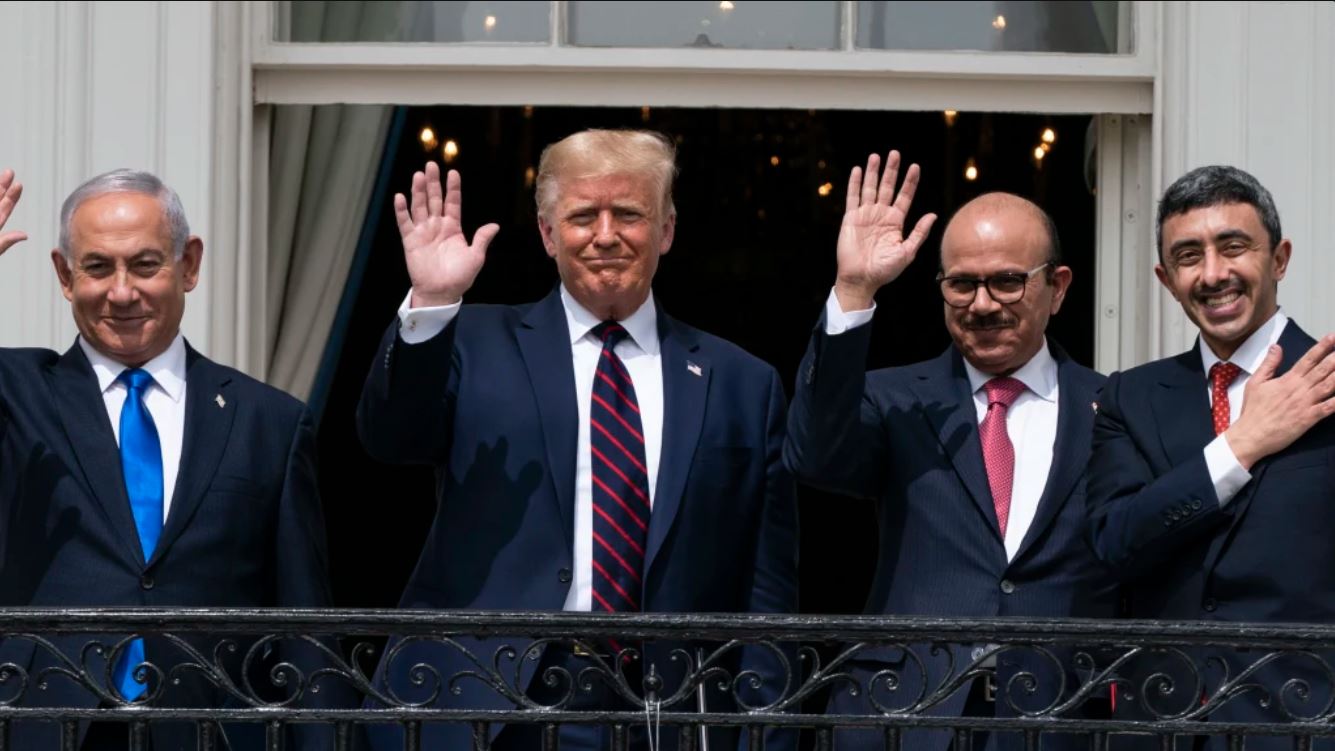“I saved his ass.” This is what US President Donald Trump told journalist Bob Woodward when he was asked about Saudi Crown Prince Mohammed bin Salman and his role in the murder of another journalist, Jamal Khashoggi, nearly two years ago.
Trump understands his royal friend has lots of money to spend on weapons and has total control over the decisions regarding that money because he is a despot.
In the past the President has also exchanged “beautiful” letters and imaginary breakthroughs with North Korean leader Kim Jong-un, whom he often praises without an apparent thought for his role in the murder of US student Otto Warmbier.
Why do such powerful men kill such relatively powerless ones? Because being a despot is a nervous business. Who knows when your own population is going to decide it is tired of being dictated to and being shut out of decisions about its own welfare?
Since the Arab Spring of 2011, the monarchies of the Gulf – and in particular those of Saudi Arabia, the UAE and Bahrain – have moved aggressively to reassert such despotism. Bahrain tried to suck the footballer Hakeem al-Araibi back into its prison system on subversion charges, only to be defied by a brave Aussie campaign to set him free. The UAE and Saudi Arabia financed counter-revolutions in Egypt, Libya and Yemen. They are perfectly comfortable oppressing their own citizens and killing their fellow Arabs in order to maintain their grip on power.
Talk of the “historic” character of recent announced deals between the UAE and Bahrain and Israel needs to be seen against the backdrop of these realities. It also needs to be understood that neither of these new “deals” would be possible without tacit Saudi approval – indeed, they are merely warm-up acts for the day when the murderer of Khashoggi shakes hands with the Israeli Prime Minister.
Read the article by Maher Mughrabi in The Age.

